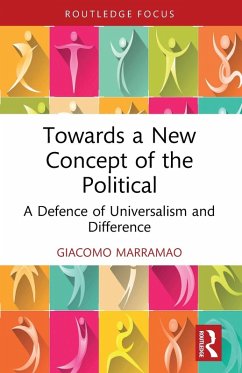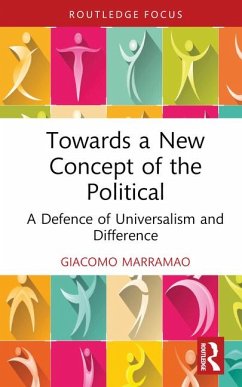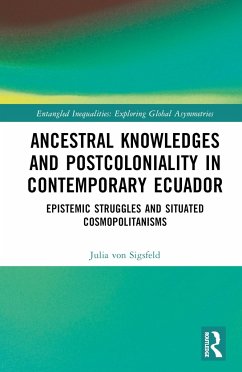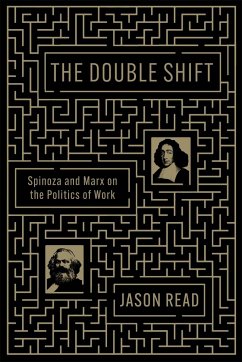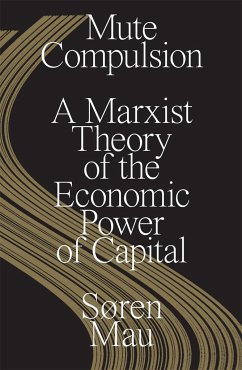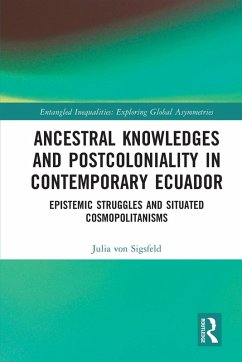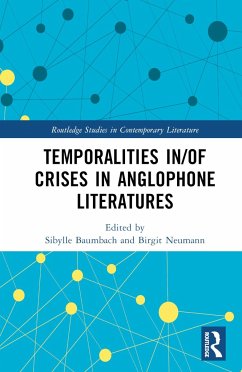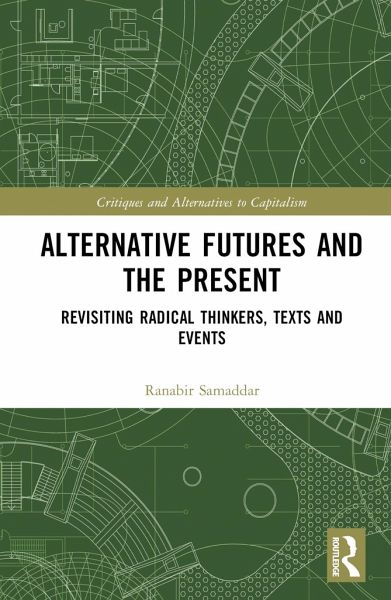
Alternative Futures and the Present
Postcolonial Possibilities
Versandkostenfrei!
Versandfertig in 1-2 Wochen
149,99 €
inkl. MwSt.
Weitere Ausgaben:

PAYBACK Punkte
75 °P sammeln!
Through an engagement with selected texts, events and thinkers central to the present, this book offers an imagination of different possible futures from the position of the current postcolonial moment, indicating the possibilities that exist for conducting struggles, and living through contentions and social restructuring.







